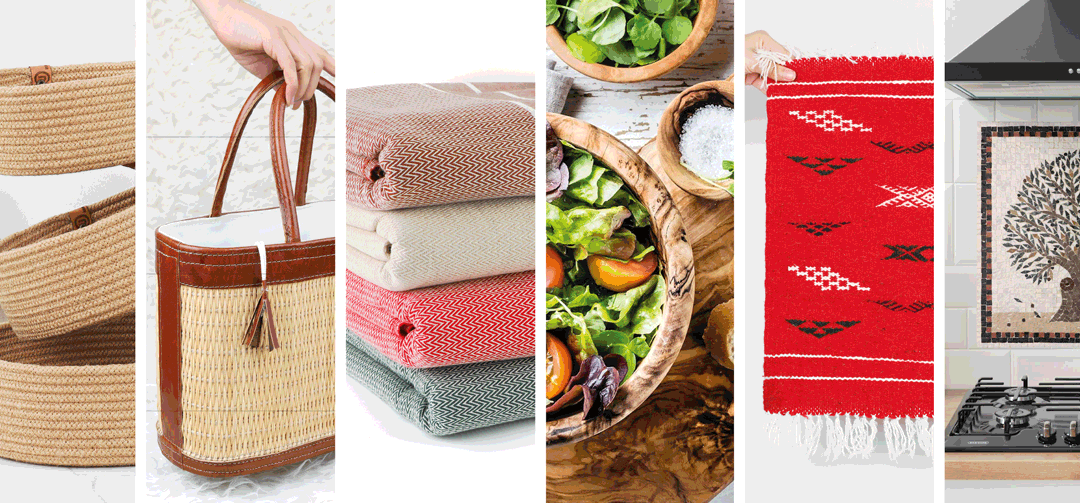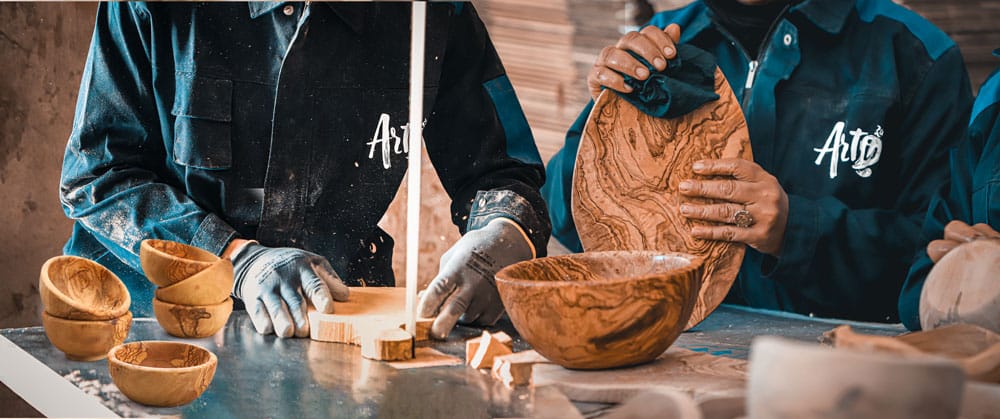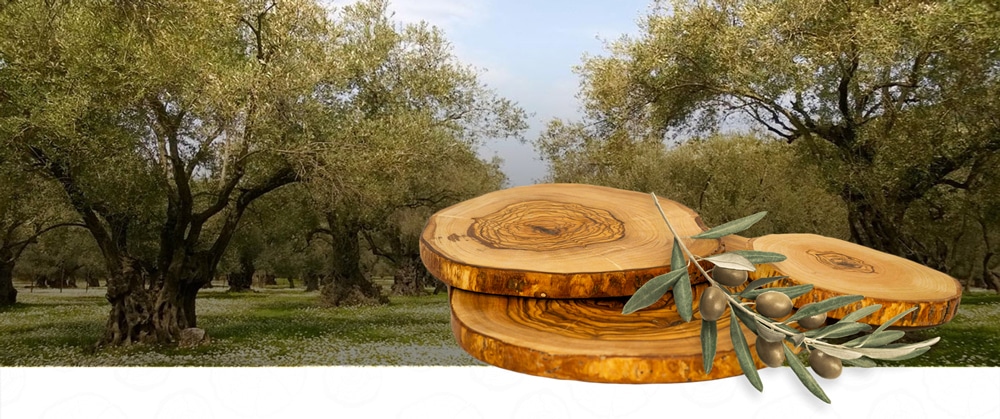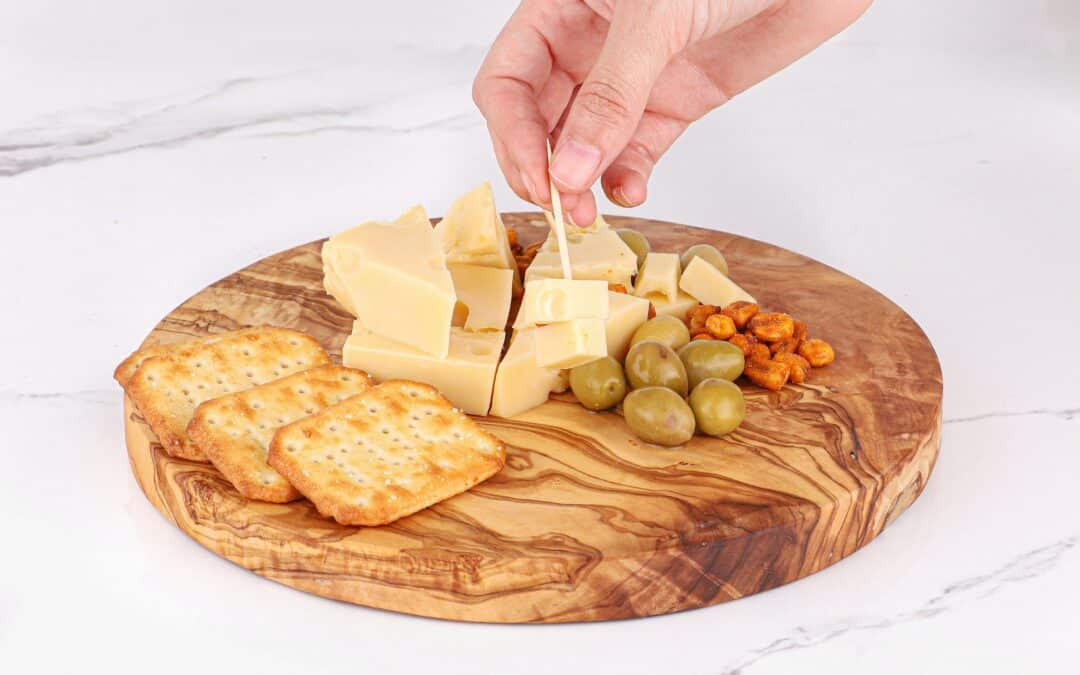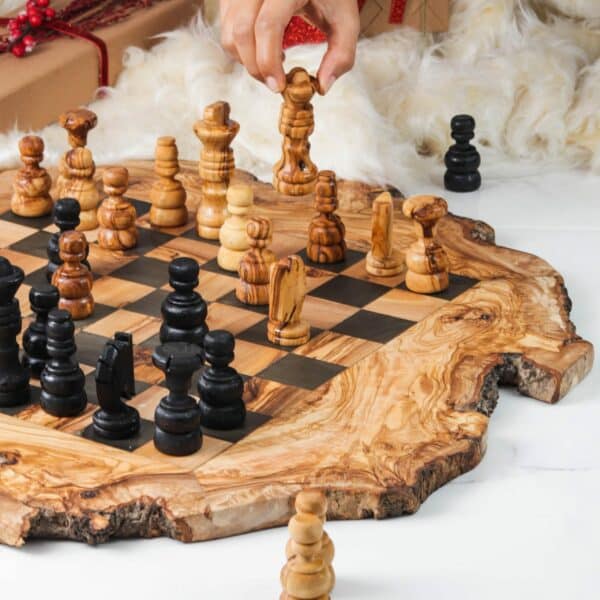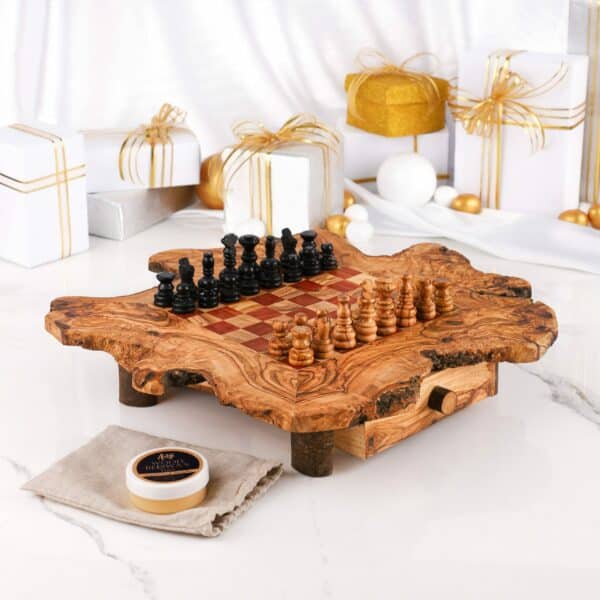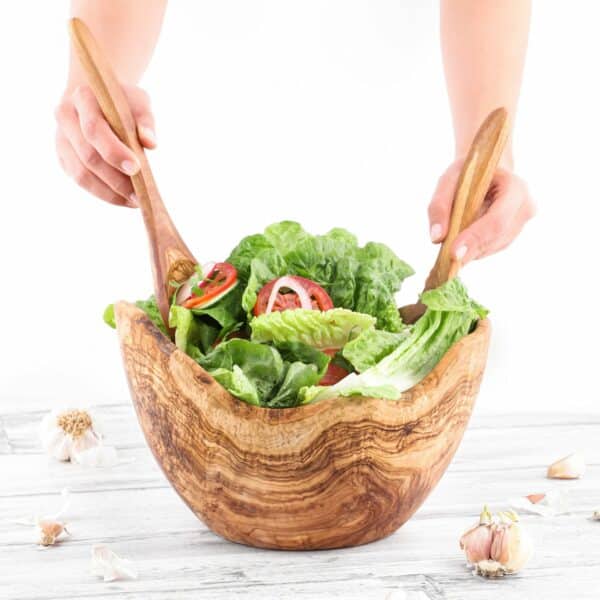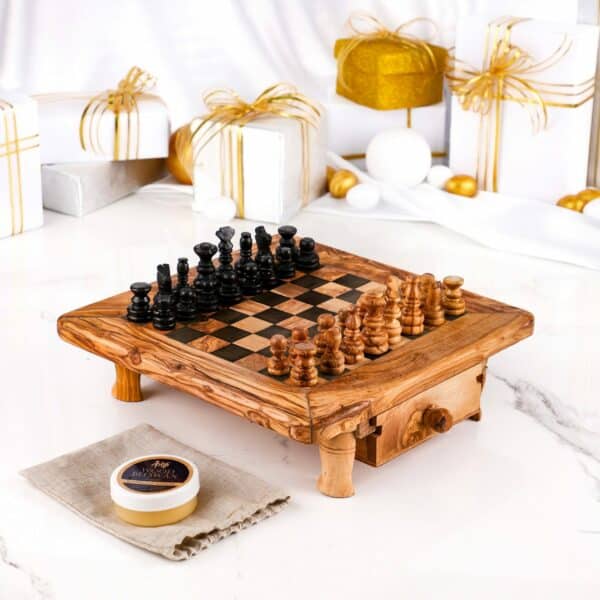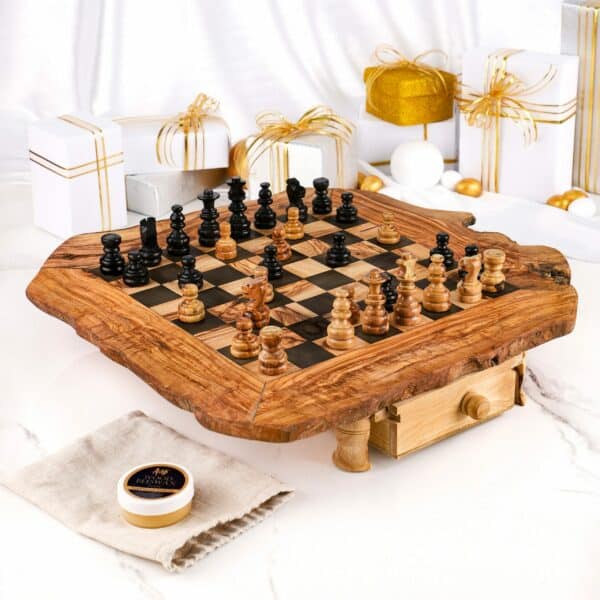
Tunisian Handicrafts: Esparto Grass Takes Center Stage – Halfa’s Authentic Journey to Our Homes

Tunisia, North Africa’s jewel, is known for more than just its captivating tourist destinations. It’s a realm infused with heritage, much of which is reflected in handcrafted items that are symbolic of its rich culture. Foremost among these artifacts are those crafted from the robust fibers of the Esparto Grass, locally and fondly known as Halfa.
In the high mountains of Tunisia’s central-west, Halfa, or as it’s internationally known, Esparto Grass (Stipa tenacissima) flourishes, offering its tenacious fibers to skilled hands that weave tales of tradition and craftsmanship.
From Mountain to Market:
Esparto Grass, or Halfa, is a hallmark of Tunisia, especially predominant in its dry terrains. Extracting its fibers is an art form itself, where leaves are masterfully rolled and plucked, safeguarding the seeds, thus ensuring nature’s cycle continues.
This weaving, performed dexterously by both men and women, is a labor of love and dedication. The resilient nature of Halfa fibers does take its toll, causing minor injuries to the artisans. Yet, these craftsmen persevere, translating their efforts into products that are functional and aesthetically alluring. Whether in Kasserine, producing baskets for olive oil, or Zriba, where intricate carpets and mats emerge, the adaptability of Halfa is on vivid display.
Halfa’s Modern Transformation:
While Halfa’s durability has been its historic selling point, today’s artisans have recognized its decorative prowess. They have pushed the boundaries of what can be crafted from this Esparto Grass, with creations like pendant lights, flower pots, and eclectic stools. Its naturally soft yellow shade presents artisans a canvas that’s ripe for innovation.
Kasserine offers a different palette, where creations pop with the colors of natural dyes on Halfa, bringing forth radiant baskets, boxes, and trays. The craft is hands-on, literally, as artisans use their fingers as looms, deftly weaving each strand.
Esparto Grass in Everyday Life:
Once harvested, the Esparto Grass or Halfa is readied through a process of drying, sorting, and occasional dyeing. Its sturdy fibers form the core, with the softer ones intricately woven in, resulting in designs as varied as they’re mesmerizing.
For many Tunisians, Halfa isn’t just an artifact—it’s embedded in their daily life. It’s the “hsira” furnishing homes, or the ever-present “koffa” basket synonymous with market visits. These creations, in their untouched beauty, honor the very essence of nature.
A Revival of Tradition:
A decade ago, the Halfa industry faced potential stagnation. But artisans, ever resilient, ushered in waves of innovation. The Esparto Grass fibers were refined, splashed with vibrant hues, and transformed into flat rugs like the “margoums” and “kilims.” This reinvigoration heralded a Halfa renaissance in the Tunisian market, a seamless blend of age-old tradition with contemporary flair.
To conclude, Tunisia’s Esparto Grass crafts, or Halfa, aren’t just products—they’re legacies. They epitomize a blend of history with modernity, ensuring this art form remains eternal in appeal.

